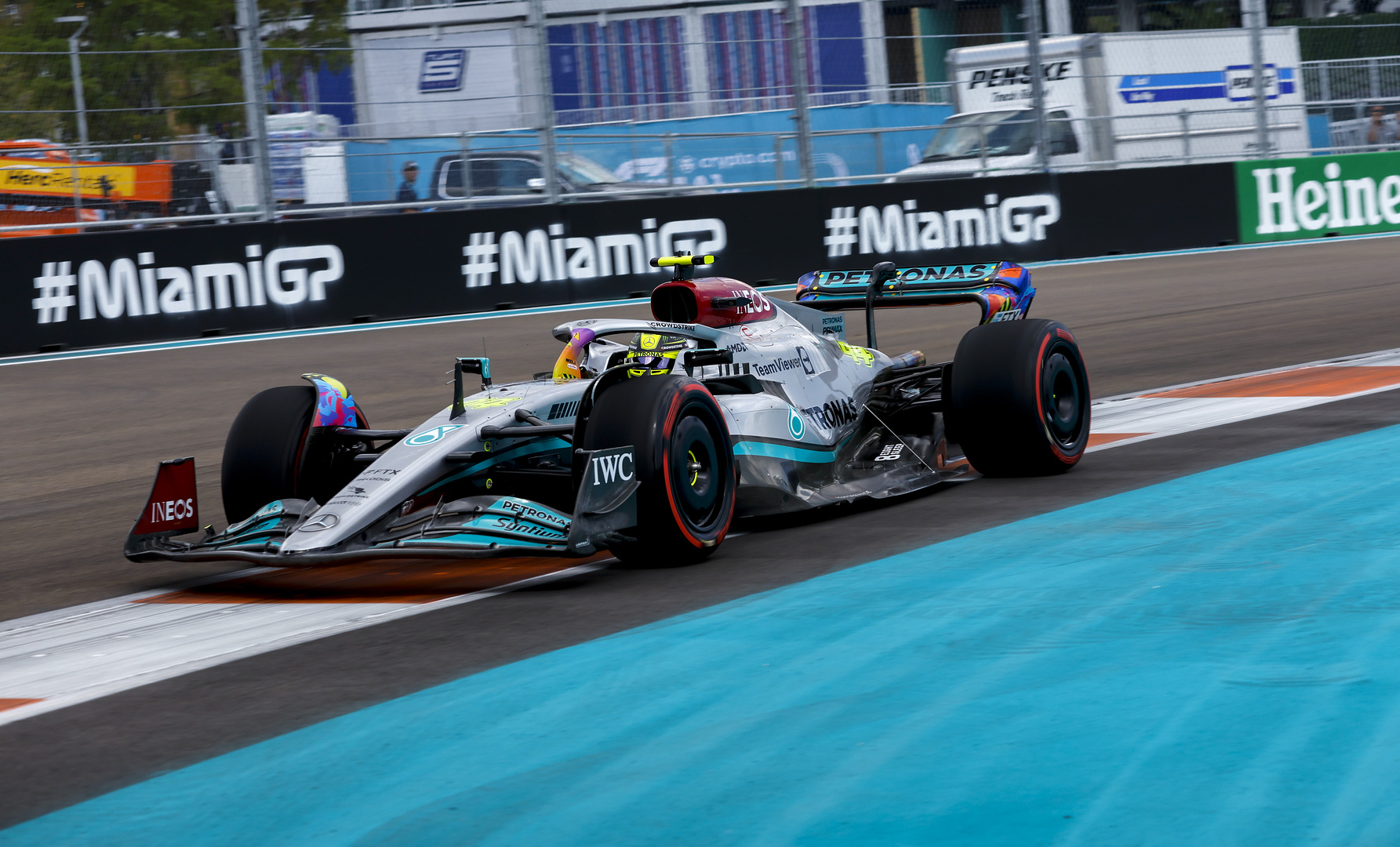Haas F1’s Evidence Sparks FIA Review on Track Limit Breaches: A Call for Fair Play in Formula 1
In a pivotal moment for Formula 1, Haas F1 Team Principal Guenther Steiner has submitted crucial evidence of track limit violations by rival teams at the U.S. Grand Prix. This development has sparked a significant debate about rule enforcement and fair play within the sport.
Key Takeaways:
- The Haas Formula 1 team has formally requested the FIA review alleged track limit breaches by competitors at the U.S. Grand Prix, backed by “clear evidence” of the violations.
- The evidence implicates drivers from Red Bull, Aston Martin, and Williams, including Sergio Perez, Alex Albon, Logan Sargeant, and Lance Stroll, in exceeding track limits.
- Guenther Steiner, while personally disliking penalties for track limit violations, stresses the importance of consistent rule enforcement to maintain the integrity of the sport.

The situation unfolding in Formula 1 following Haas F1 Team’s submission of evidence to the FIA is not just about penalties or points; it’s a matter of principle. Haas F1 Team Principal Guenther Steiner has made a compelling case, urging the FIA to take appropriate action after presenting what the team describes as “clear evidence” of rivals breaching track limits during the U.S. Grand Prix.
This move by Haas has led the FIA to call representatives from Red Bull, Aston Martin, and Williams for a review. The repercussions of this hearing could be significant, especially if these infractions are deemed to have influenced the race’s outcome. Steiner’s assertive stance on this issue underscores his commitment to fairness and integrity in the sport. His statement to Autosport is unequivocal:
“It’s just a review,” Steiner stated. “There’s a regulation in place. I mean, in the end, if the stewards didn’t have the information, obviously they couldn’t take action. I fully understand that. But there is information, and now we’ll see what the FIA does, once they get the information. I think they need to take action, because otherwise we make rules and then don’t do anything about it. That’s my opinion.”
Steiner’s approach to this situation reveals his perspective on the broader implications of rule enforcement in Formula 1. He acknowledges that the potential penalties may not alter Haas’s current standings, but emphasizes the importance of adhering to the rules for the sport’s overall health. He further elaborates:
“I don’t think the penalty will make a difference to us where we are, at the moment,” he said. “But in the end, we just need to go by the rules, we cannot sometimes apply the rule, and sometimes not. It’s not by choice, a rule is there, and if you need to change the rule, let’s discuss it, if you need to change track limits, discuss it. But not if it is written that it is four times you get five seconds and any consequent [offences] you get another five seconds, that’s what we should be doing. Like we did before. It’s not that we’re inventing something new.”
Steiner’s comments reflect a vision for Formula 1 where rules are not mere suggestions but are the definitive framework ensuring fair competition. The FIA’s response to this situation is eagerly awaited by teams and fans alike, as it could establish a precedent for handling track limit breaches in future races. This case, thus, transcends the immediate context of the U.S. Grand Prix, potentially shaping the sport’s regulatory landscape for years to come.



